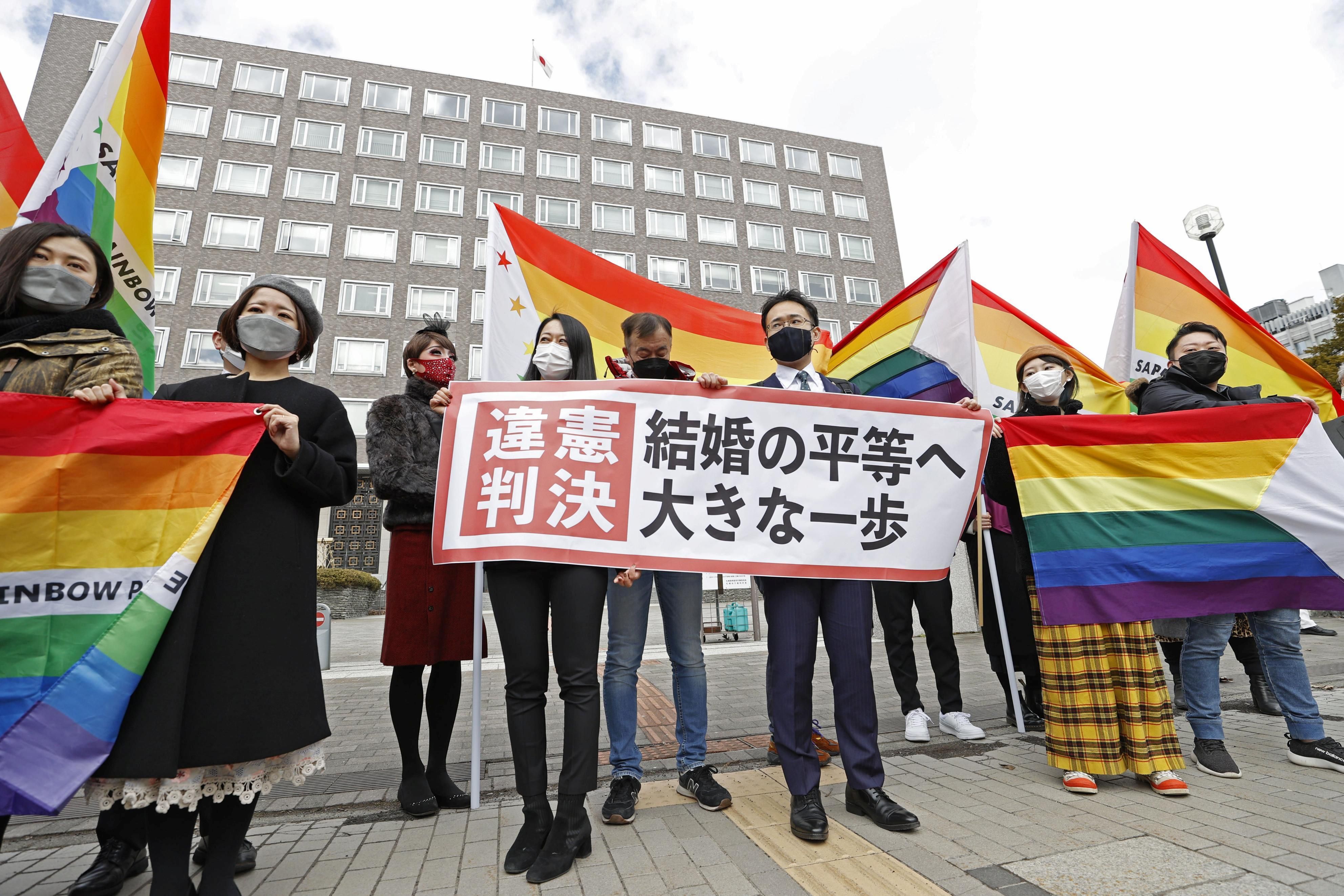News
March 17, 2021
13: A Japanese court ruled for the first time that the government's failure to recognize same sex marriage is unconstitutional after 13 gay couples filed coordinated lawsuits in February 2019. It's unclear, however, how the government will act: on Wednesday, Tokyo reiterated that its stance did not violate the Constitution. To date, Japan is the only G7 country that does not recognize same-sex marriage.
70,000: After a major legal defeat in Britain's Supreme Court, Uber will now have to provide more legal protections to its 70,000 British drivers. The ruling is a massive blow for Uber, which has long lobbied against greater labor rights for its drivers, and could influence ongoing labor battles with gig economy companies in the EU and the US.
450: More than 450 NGOs have called for the EU to abandon a draft free trade deal with Mercosur countries — a bloc including Argentina, Brazil, Paraguay, and Uruguay — which they say would give rise to an increase in deforestation and other livestock trade harmful to the environment. The 2019 deal, which would create a trade bloc spanning roughly 750 million people, has stalled, as France and Germany express concerns over Brazil's lack of protection of the Amazon rainforest.
8: Eight people — six of whom were identified as Asian women — were killed Tuesday in a shooting rampage at several spas in Atlanta, Georgia. Although the police has yet to determine whether race was the motive for the attacks, crimes against Asian Americans in the US have surged since the pandemic began a year ago.From Your Site Articles
More For You
- YouTube
GZERO World heads to the World Economic Forum in Davos, where Ian Bremmer lookst at how President Trump’s second term is rattling Europe, reshaping both transatlantic relations and the global economy, with Finland’s President Alexander Stubb and the IMF’s Kristalina Georgieva.
Most Popular
Think you know what's going on around the world? Here's your chance to prove it.
- YouTube
How widely is AI actually being used, and where is adoption falling behind? Speaking at the 2026 World Economic Forum in Davos, Brad Smith, Vice Chair and President of Microsoft, outlined how AI adoption can be measured through what he calls a “diffusion index.”
U.S. President Donald Trump holds a bilateral meeting with NATO Secretary General Mark Rutte at the World Economic Forum (WEF) in Davos, Switzerland, January 21, 2026.
REUTERS/Jonathan Ernst
After saying numerous times that he would only accept a deal that puts Greenland under US control, President Donald Trump emerged from his meeting with NATO Secretary General Mark Rutte singing a different tune.
© 2025 GZERO Media. All Rights Reserved | A Eurasia Group media company.
